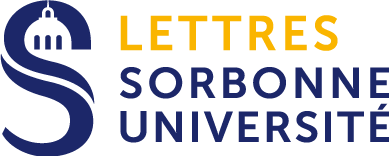Nathalie BULLE, “The Politio-Cultural Significance of Teachers’ Professionalization Movements. A Compared Analysis of the American and French Cases”, International Review of Sociology, 90-117, 2020
Abstract
This article highlights the ideational factors underpinning the movements to professionalize teachers in the United-States and in France. It demonstrates that the deep driving force behind these movements is neither the modernization of schooling, nor the professional interests of teacher educators, but the politico-cultural hold of a philosophical paradigm that met the values and ideals of education and political systems’ actors. By associating human progress with social progress based on natural laws, the naturalistic standpoint of this philosophical paradigm won the favor of the times. Nevertheless, the adaptive conception of intellectual and moral development it supports entails a separation of the mental world of education specialists from that of academic scholars. As a consequence, the major missions of formal education shifted from the training of the mind through the understanding of subject-matters to that of whole social personalities through situated or experiential forms of understanding, the paradoxical outcome being a loss of teachers’ autonomy in terms of professional expertise.
